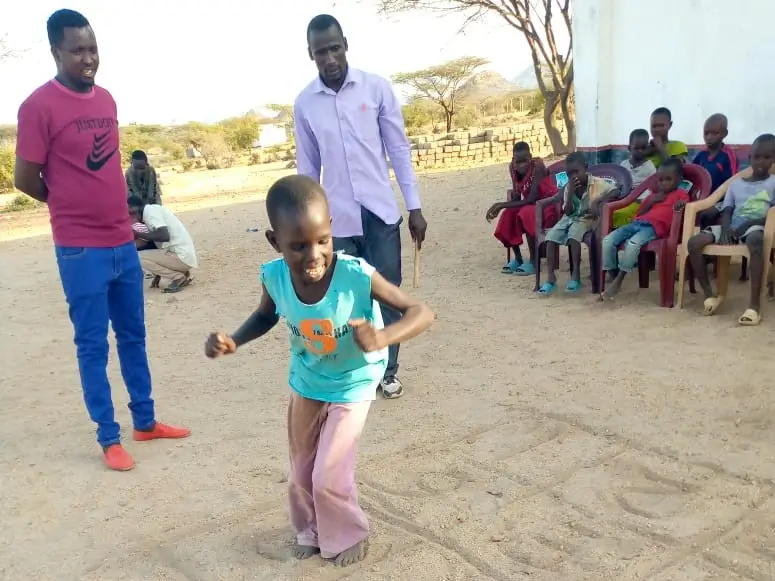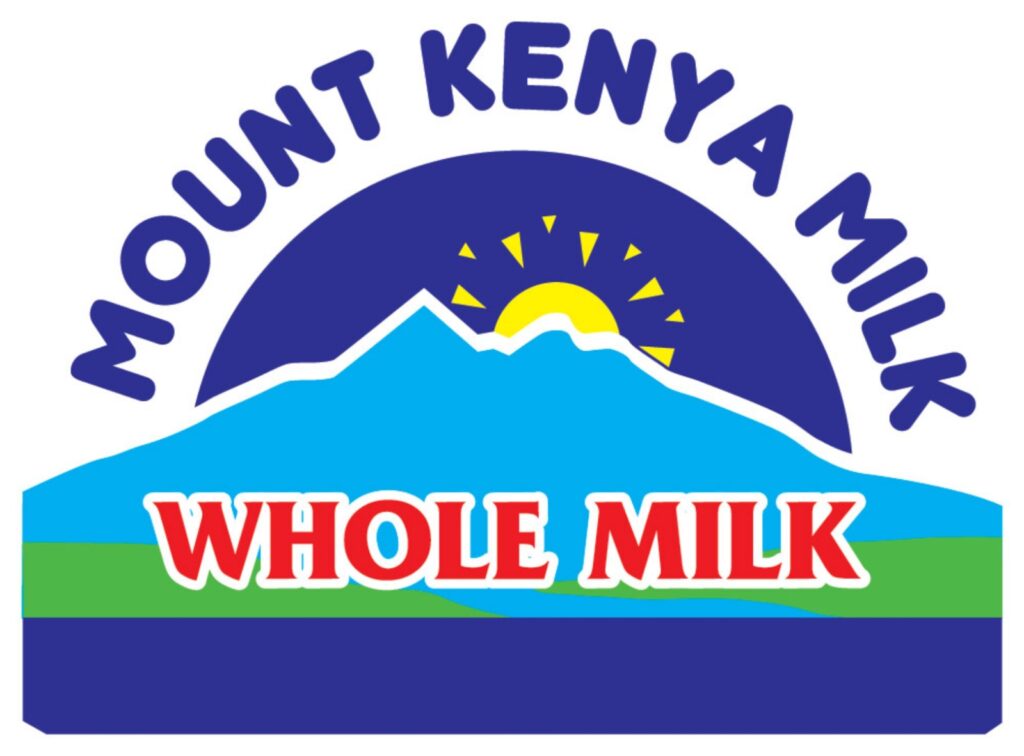
We strengthen teacher capacity through structured, ongoing professional development focused on evidence-based approaches to foundational literacy and numeracy. Training emphasizes level-appropriate instruction, continuous assessment, and practical classroom strategies that enable teachers to respond to learners who are significantly behind.

Across Sub-Saharan Africa, millions of children are either completely out of school or attending school without acquiring basic literacy and numeracy skills. In Kenya, three out of four children in lower primary school cannot read a Grade 3-level text, and hundreds of thousands of children, particularly in pastoralist, informal settlement, and remote communities, are not enrolled at all. For these children, poverty, mobility, and repeated academic failure combine to push them permanently out of the education system.
EERUi’s foundational literacy and numeracy (FLN) program is designed for both groups: children who are out of school and those who are in school but not learning. We begin by identifying children who have disengaged entirely from formal schooling or are at high risk of dropping out due to weak foundational skills. Through community-based learning spaces and trained community teachers, we provide accelerated, level-appropriate instruction that rebuilds basic reading and numeracy competencies while restoring confidence, routine, and motivation.
Instruction is organized around learning level rather than age or grade, allowing children with interrupted or inconsistent schooling to re-enter learning at an appropriate starting point. Regular assessment guides instruction and tracks progress, ensuring that learning gaps are closed rather than masked by grade progression. Football and structured play are intentionally integrated to stabilize attendance, reduce anxiety associated with past school failure, and create safe, motivating entry points back into learning.
As children rebuild foundational skills, EERUi works with caregivers, schools, and local education authorities to support re-enrolment into formal primary education. This approach creates a clear bridge from exclusion to participation, ensuring that children do not remain in parallel systems, but are equipped to return to and remain in school with the skills and confidence needed to succeed.

The focus is on basic skills rather than solely on the curriculum. The student performance is regularly assessed to inform their progression to the next level.

1. Community Teacher Capacity Building
Because this approach departs from conventional classroom instruction, implementation begins with intensive training of community teachers and facilitators. Teachers are equipped with accelerated, level-appropriate literacy and numeracy methods, assessment tools, safeguarding practices, and strategies for engaging children who have experienced prolonged exclusion from learning. The training ensures shared understanding of program objectives and consistent, high-quality delivery.

2. Baseline Learning Assessment
Children are assessed using simple, diagnostic tools to determine their actual literacy and numeracy levels. These assessments focus on foundational skills rather than grade-level expectations and are used to identify learning gaps among both in-school and out-of-school children.

3. Needs-Based Grouping
Learners are grouped according to learning level rather than age or grade. Groups are intentionally homogeneous, allowing instruction to be precisely matched to learners’ needs. This approach enables children who have fallen far behind to make rapid progress without stigma or pressure.

4. Accelerated, Level-Appropriate Instruction
Each group is assigned a trained facilitator who delivers targeted literacy and numeracy activities aligned to the group’s learning level. Instruction prioritizes mastery of core skills over syllabus coverage, using interactive, hands-on methods that allow learners to progress at an appropriate pace.

5. Continuous Assessment and Instructional Adaptation
Teachers conduct regular, low-stakes assessments to track progress and adjust instruction. Learners move between groups as they master skills, ensuring continuous progression and accountability for learning outcomes rather than seat time.

6. Sport-Integrated Engagement and Retention
Football and structured play are integrated before, during, and after learning sessions to strengthen attendance, motivation, and peer belonging. Sport serves as a powerful re-engagement tool for children who have disengaged from schooling, reducing anxiety linked to past failure and supporting consistent participation. For children transitioning back to formal schools, sport-linked activities also support retention and sustained engagement.


